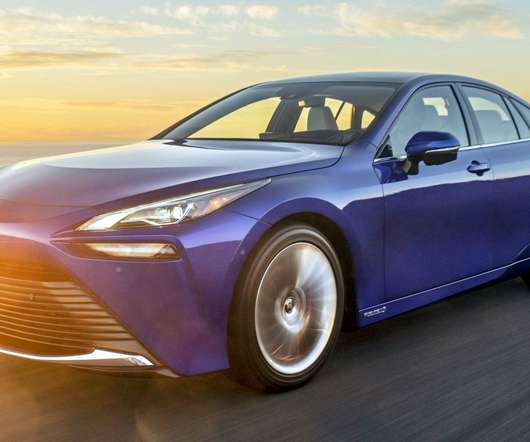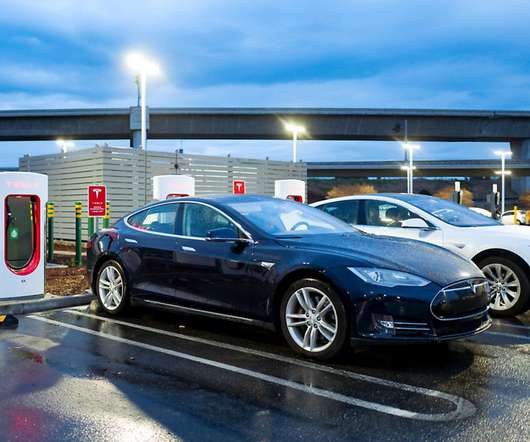Harris AutoTECHCAST Study Finds US Vehicle Owners Currently Would Choose Lower-cost, Higher Fuel Economy Gasoline-Engined Vehicles Over Higher-Priced Alt Fuel Engines or Electric Vehicles
Green Car Congress
MAY 29, 2010
According to Harris Interactive’s 2010 AutoTECHCAST study, conducted between 6-26 April 2010, there is currently greater demand among US vehicle owners for technologies that deliver improved fuel economy of existing gasoline-driven engines at a lower initial cost, rather than for higher-priced alternative-fueled engines.
























Let's personalize your content